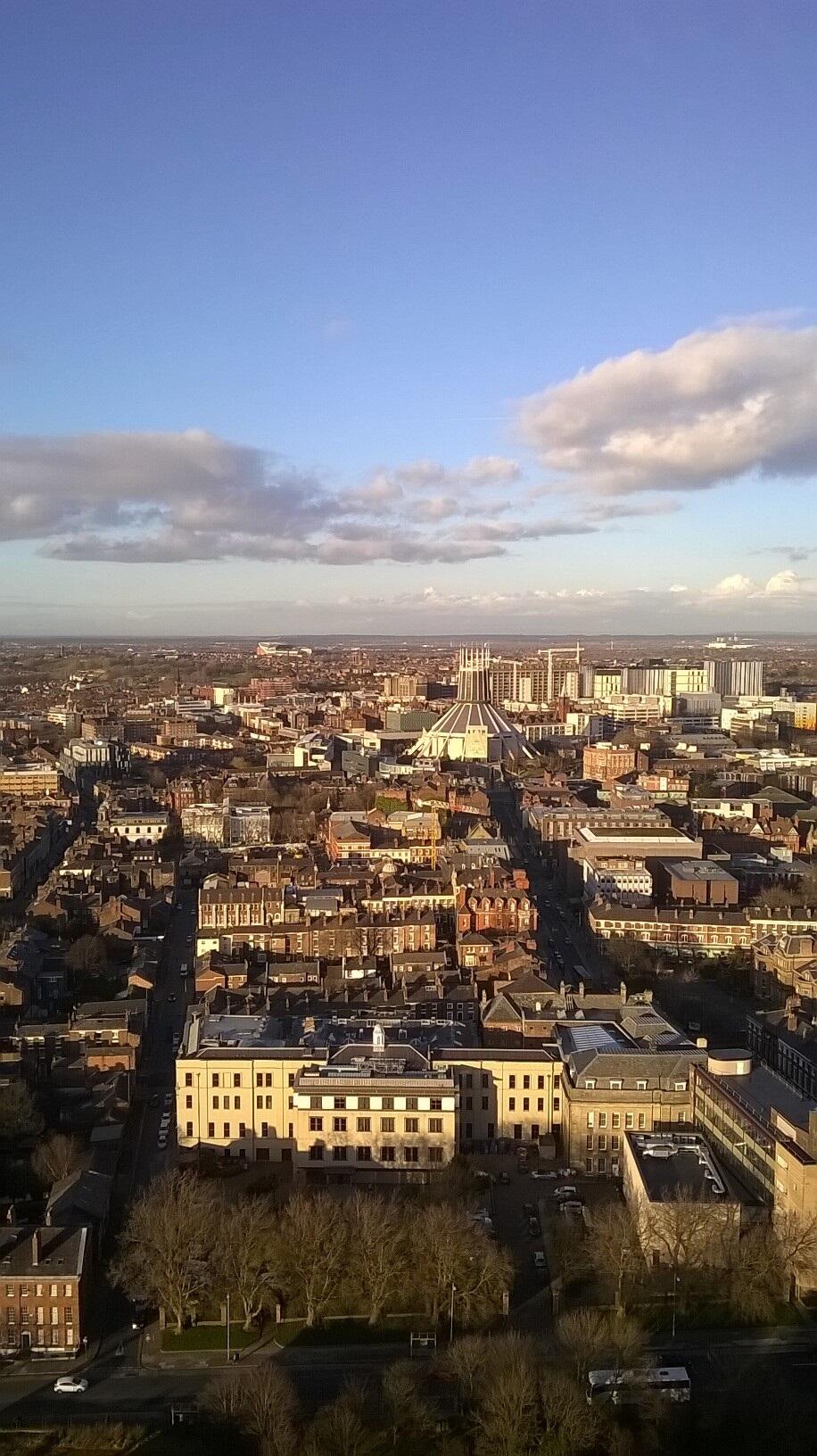
Arnaud Peytremann, DTMH, February 2018
Already half-way through our course. Time flies, taking with it good memories, some amazing lectures and the learning of very specific techniques - especially in 'our' laboratory: the Dagnall. Time which heralds future plans, for forthcoming weekends but some more distant such as after the diploma.
Time flies on. As medical doctors we face it often. The time that we don’t have, the over-worked hours, the cramming for exams, life that slips by, the lives that stop...
As technology advances it is clear that the evolution of medicine is also incredibly fast paced – while this is surely a good thing, it raises some uncomfortable questions. We were asked recently at a lecture where we see ourselves in 10 years' time? Great question, which deserves some reflection, but to which an answer is difficult to settle on in an environment that is ever changing.
On further reflection another question which deserves some insight: how will we position ourselves as physicians in the future? New medical technologies and diagnostic techniques are continuously being developed. It is possible that Artificial Intelligences can now interpret some radiological images more quickly and more accurately than humans. Evolving diagnostic analysis software is produced on almost a daily basis. Even current surgical techniques are challenged by the development of new robotics.
In the Low and Middle-Income Countries too, change is afoot. Rapid diagnostic tests are more accurate and cheaper than many of the previously lauded gold standards, communication and social networks flourish, treatment distribution is improving… Our hard-learned competencies could soon become obsolete!
So, what if the true physician’s role is not to be a walking encyclopaedia, nor even a highly specific skill’s virtuoso? Our ability to engage with someone's illness and suffering on a truly human level, our empathy and understanding is one thing that technology will never be able to replace. This is a unique bond; however imperfect it can be at times.
Thus, hopefully in the future technology will remain solely as an aid to sharpen diagnostic and therapeutic choices, as well as something which we can perhaps use to enhance our relationship with patients. Just as guidelines today quite often need to be individually adapted, or even abandoned depending on a patient's specific situation, so too let technology be used, adapted or ignored accordingly. To accompany patients in their illness, to guide them through the mysteries of the medical world, with a non-judgemental ear and empathic hand is something that the doctors of the future can surely do as well as the doctors of today.
Let’s not let technology makes us slaves, it should stay as is was planned, an aid to the human wellbeing!
Doc Peytro